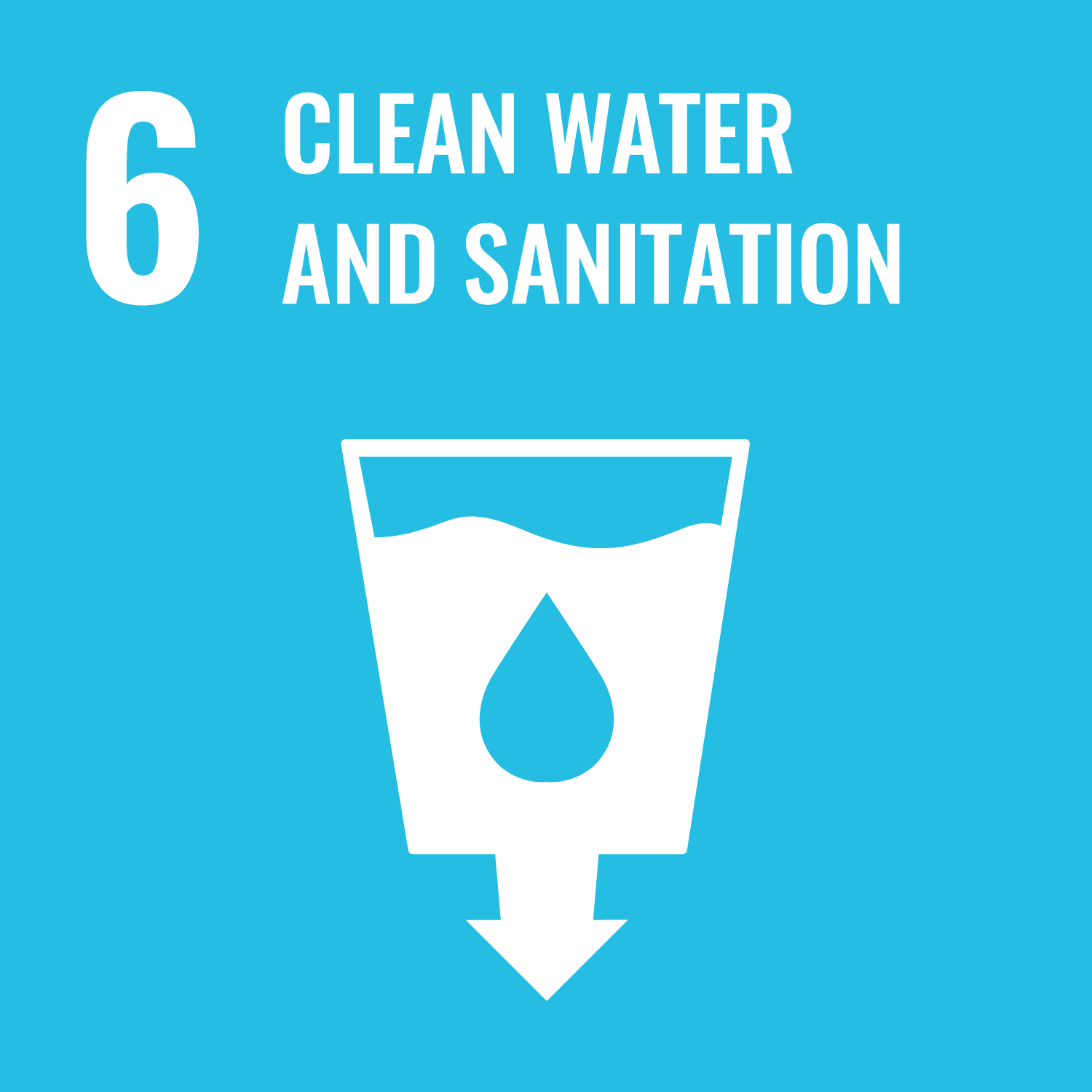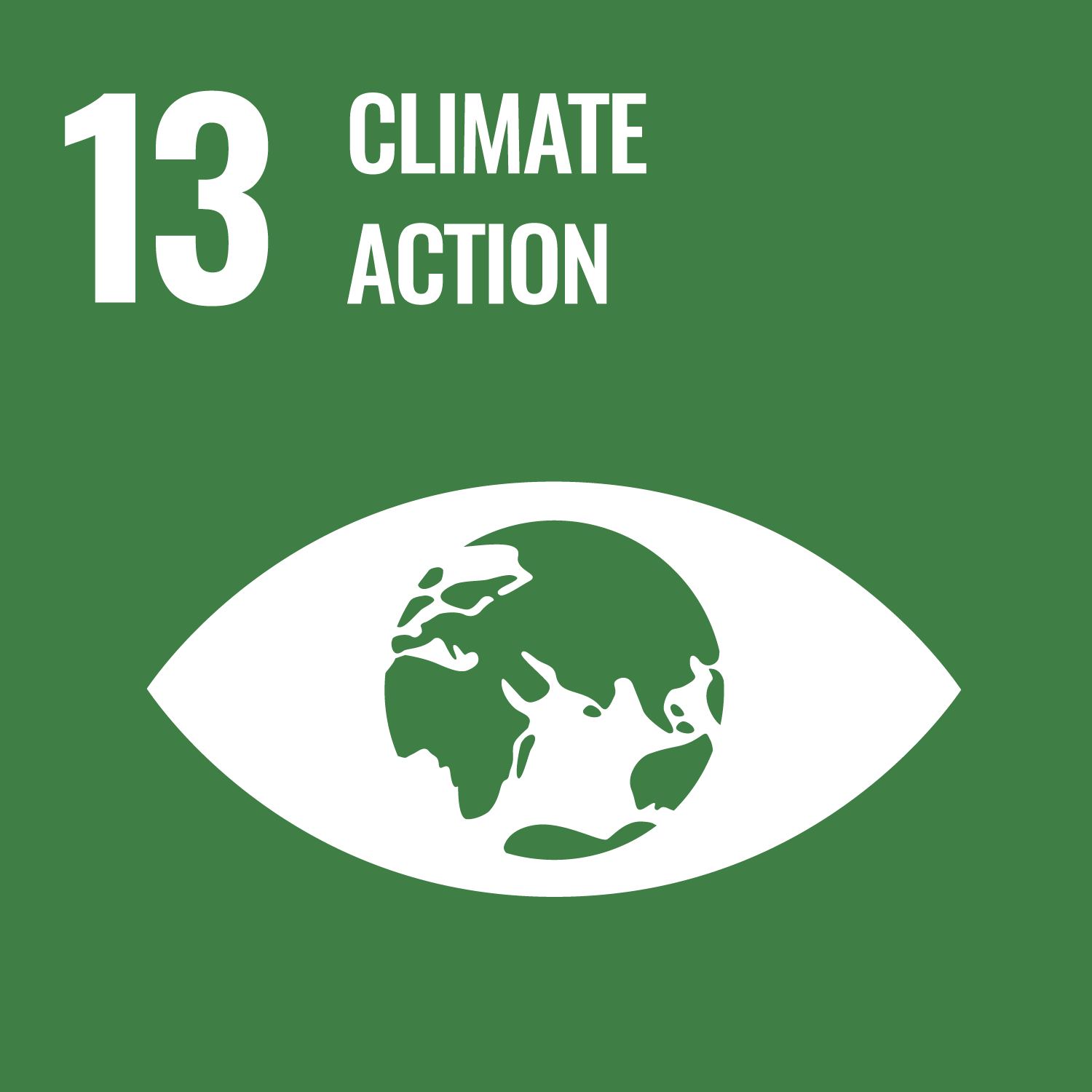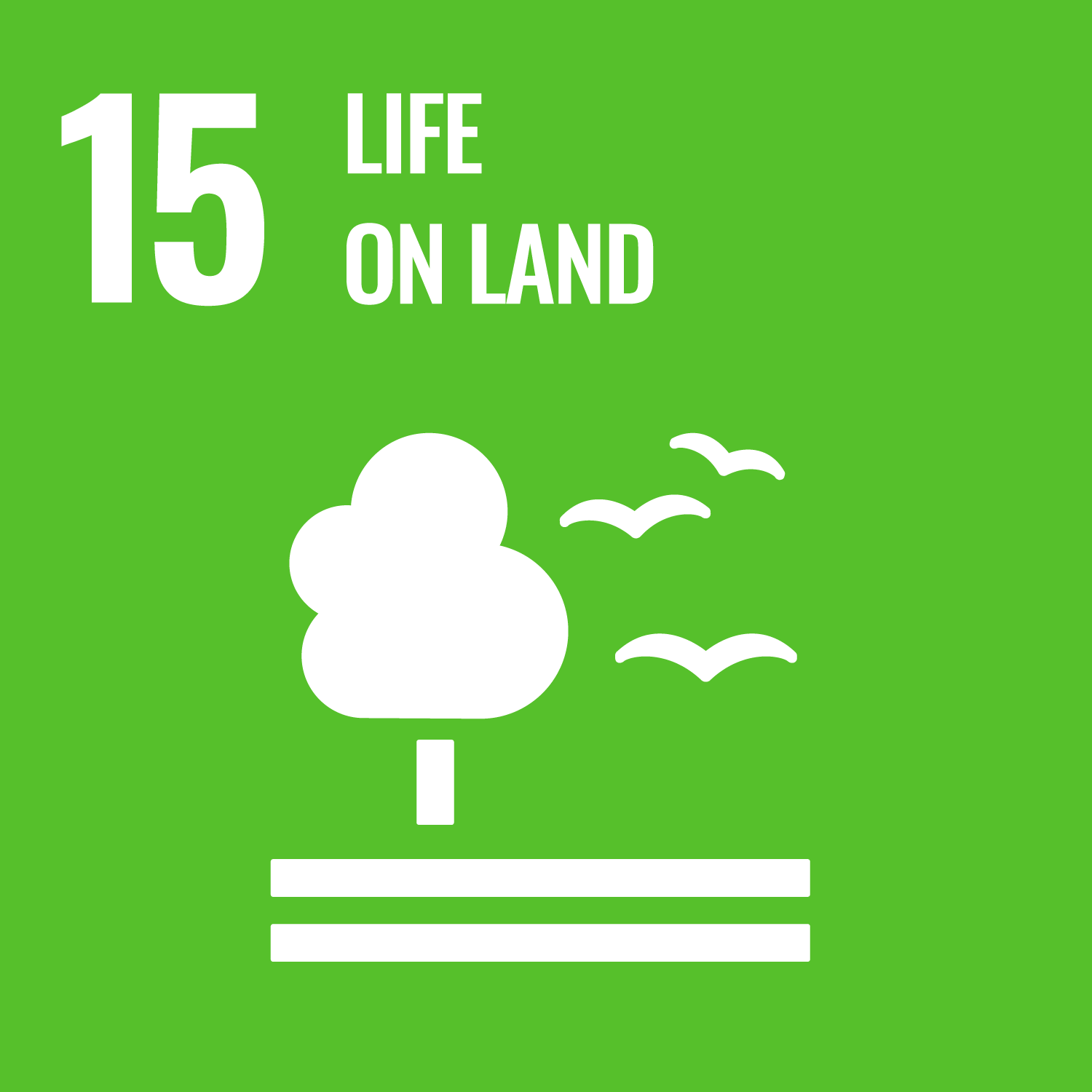ORCID
- Lynda Rodwell: 0000-0002-6580-2974
- Sian Rees: 0000-0001-9606-783X
Abstract
Historical and existing environmental and human induced pressures have negatively impacted diadromous species, as well as benefits to humans, derived from the ecosystem services these species contribute to. As species move across national boundaries, successful management is rendered a complex process. Future climate change scenarios are likely to change species distributions, further impacting management and the benefits available to people across each species range. To provide an evidence base on the contribution of eleven diadromous fish populations to ecosystem services, and so gains and losses of ecosystem service benefits in the European Atlantic Area, we completed an evidence review of available literature identified within the search strategy. We also gathered expert opinion of diadromous species contributions to ecosystem services for individual catchments across Europe, to gather the full extent of contributions. Evidence was arranged in a matrix, documenting each species ecosystem service contribution to aid communication of results and application to policy and decision makers. The evidence base provided by the literature review identified that each diadromous species contributed to provision of multiple ecosystem services. Volume of evidence available to compile the matrix was far greater for Atlantic salmon Salmo salar and brown trout Salmo trutta. All species had historically contributed to provisioning ecosystem services. However, in recent decades, declines in certain species populations has reduced opportunity for commercial fisheries, leading to contributions to cultural services such as recreational activities and cultural heritage becoming comparatively greater. Evidence of contribution to regulating ecosystem services is growing in recent years, especially transfer of nutrients from marine to freshwater environments. Inclusion of local expert knowledge enabled verification of evidence from literature, in addition to identification of important contributions of lesser studied species, to culturally important commercial fisheries and cultural heritage in European regions. Collecting expert knowledge also aided communication of ecosystem service approaches.
DOI Link
Publication Date
2023-01-01
Publication Title
Ecosystem Services
Volume
64
ISSN
2212-0416
Acceptance Date
2023-08-24
Deposit Date
2023-02-11
Embargo Period
2023-11-03
Recommended Citation
Ashley, M., Murillas, A., Muench, A., Marta-Pedroso, C., Rodwell, L., Rees, S., Rendle, E., Bašić, T., Copp, G., Díaz, E., Nachón, D., Lambert, P., & Lassalle, G. (2023) 'An evidence base of ecosystems services provided by diadromous fish in the European Atlantic Area', Ecosystem Services, 64. Available at: 10.1016/j.ecoser.2023.101559




